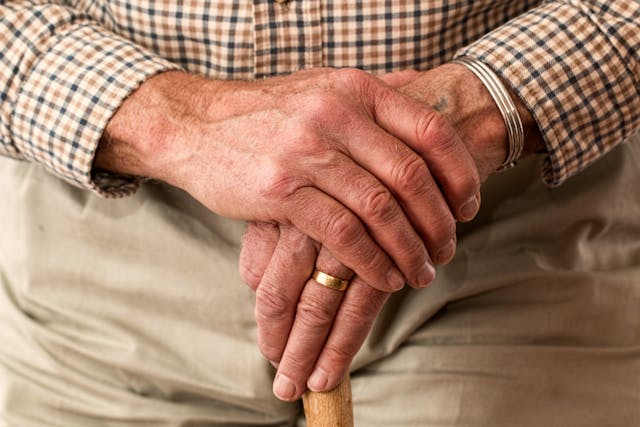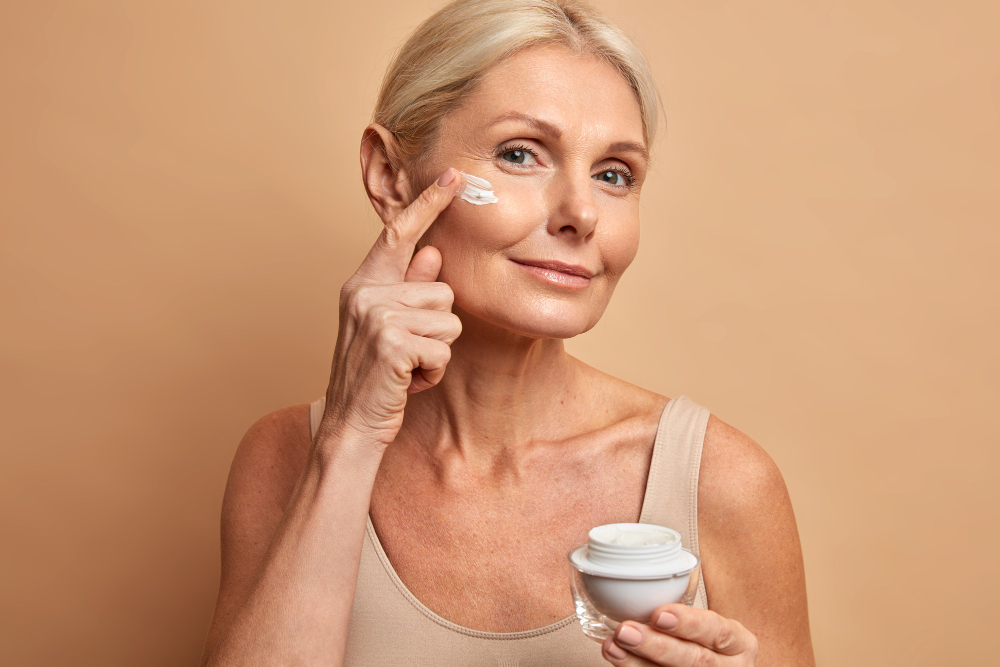The Science of Aging: What Happens to Our Bodies and How Can We Slow It Down?
Aging is a universal experience, but the science behind it is anything but simple. From the cellular level to full-body systems, the aging process affects every part of our biology. Understanding how and why we age not only satisfies curiosity—it also opens doors to strategies that may help us age more gracefully and healthfully.

What Happens to Our Bodies as We Age?
1. Cellular Damage and DNA Mutations
Over time, our cells accumulate damage from environmental factors like UV radiation, pollution, and even the natural byproducts of metabolism. Telomeres—protective caps on the ends of chromosomes—shorten with each cell division. When they become too short, cells can no longer divide properly.
2. Slower Regeneration
Stem cells, responsible for repairing and regenerating tissues, decline in both number and function with age. This affects healing time and increases vulnerability to illness and injury.
3. Muscle Loss and Bone Density Decline
Sarcopenia (muscle loss) and osteoporosis (bone weakening) are common age-related conditions. These changes lead to decreased strength, balance, and mobility.
4. Cognitive Changes
While some memory loss can be normal with age, conditions like Alzheimer’s and other forms of dementia are linked to abnormal protein buildup and inflammation in the brain.
5. Metabolic Shifts
Hormonal levels change, including decreases in testosterone, estrogen, and growth hormone. These shifts can affect everything from energy levels to fat distribution and sleep quality.
Can We Slow Down the Aging Process?
While we can't stop aging entirely, science suggests several interventions that may slow its effects:
1. Regular Exercise
Consistent physical activity improves cardiovascular health, maintains muscle mass, supports brain function, and boosts mood.
2. Nutrient-Rich Diet
Diets high in antioxidants, healthy fats, lean proteins, and fiber help combat inflammation and oxidative stress—key contributors to aging.
3. Quality Sleep
Sleep allows the body to repair and regenerate. Poor sleep accelerates aging processes, particularly in the brain and immune system.

4. Stress Reduction
Chronic stress shortens telomeres and promotes inflammation. Mindfulness, therapy, and social connection all support emotional resilience.
5. Avoiding Toxins
Limiting alcohol, quitting smoking, and avoiding excessive sun exposure can help preserve skin, organs, and overall health.
6. Emerging Technologies
From senolytic drugs that target "zombie" cells to gene therapies that repair DNA, the future of anti-aging research is rapidly evolving. While many of these treatments are still experimental, they hold promising potential.
Conclusion
Aging is inevitable, but how we age can be influenced by both our lifestyle and advancing science. By taking care of our bodies and minds, we can add not just years to our lives—but life to our years.
Would you like a version of this broken down into social media posts, a blog format, or a printable guide?












